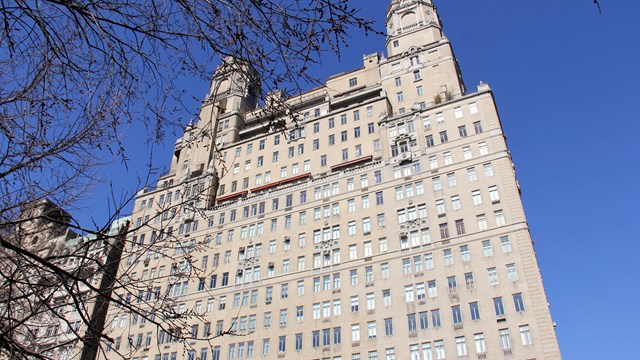Q Who checks up on the board? Does the board police themselves from within, or is the managing agent checking up on their actions? If the board makes a mistake, will the shareholders be notified? In what way is a board accountable to the shareholders?
—Curious on the East Side
“Have you ever heard of the ‘business judgment rule?’ It refers to the fact that the board uses its business judgment to decide what is best for the building. If the board turns down an application to purchase by a potential buyer of an apartment, the rule would apply. Similarly it applies when the board decides that repair work needs to be done or not be done at any given time. The board is charged with the authority by the shareholders or the unit owners to decide if there needs to be an increase in monthly charges or even an assessment.
“The ‘police’ of the board are all the people who live in the building, since you are the ones who voted the board in. That means if you feel for any reason that the board is not doing a good job, it is up to you to vote them out. If an individual board member has perhaps engaged in some wrongdoing, the other board members may act as the ‘police’ in trying to remove him or her from the board under the bylaws, but that is rare. The shareholders could also call a special meeting to do that f there is a serious problem.
“Since the managing agent works closely with the board, they are not reporting to the rest of the building. It is hard to imagine a ‘mistake’ that the board would make that the shareholders would be notified of. The board votes by majority, so if it is the ‘business judgment’ of the board to enact something, by its nature that would not be a mistake, even if you do not personally agree. However, there can be issues where the shareholders may ‘suspect’ some impropriety and try to dig deeper to find out the facts. From time to time I get calls asking questions about whether it ‘seems odd,’ for example, that the board president’s construction company is doing the roof repair project. This is not ‘wrong’ per se, but it is not a good idea, because it gives the ‘appearance’ of impropriety.
“The board is always accountable to the shareholders and unit owners and the usual forum for airing that is at the annual meeting. If there are any issues brewing, it can make for a ‘lively’ evening.”







Comments
Leave a Comment